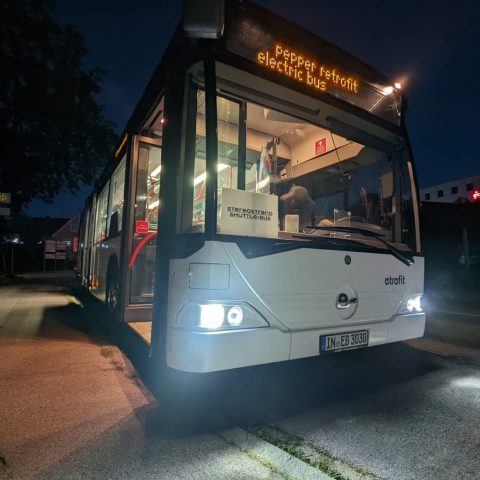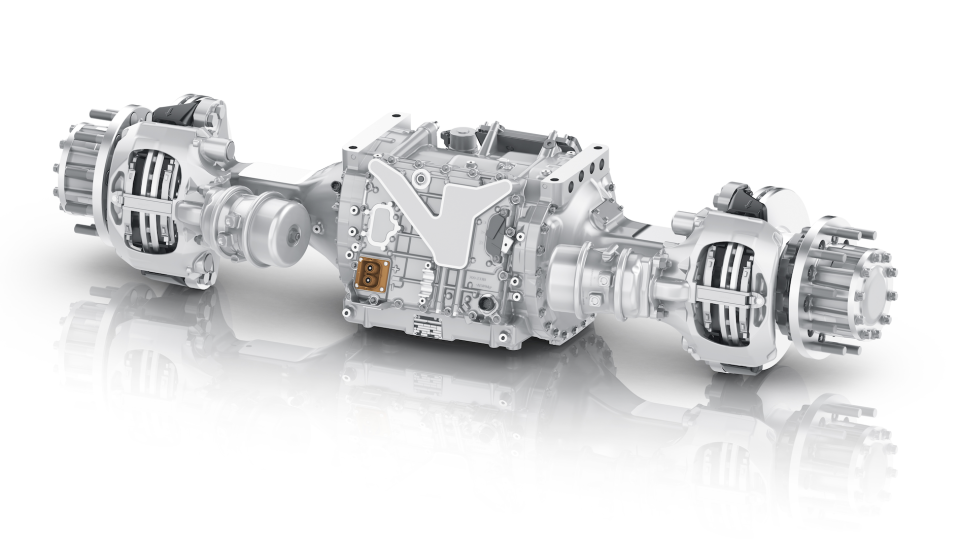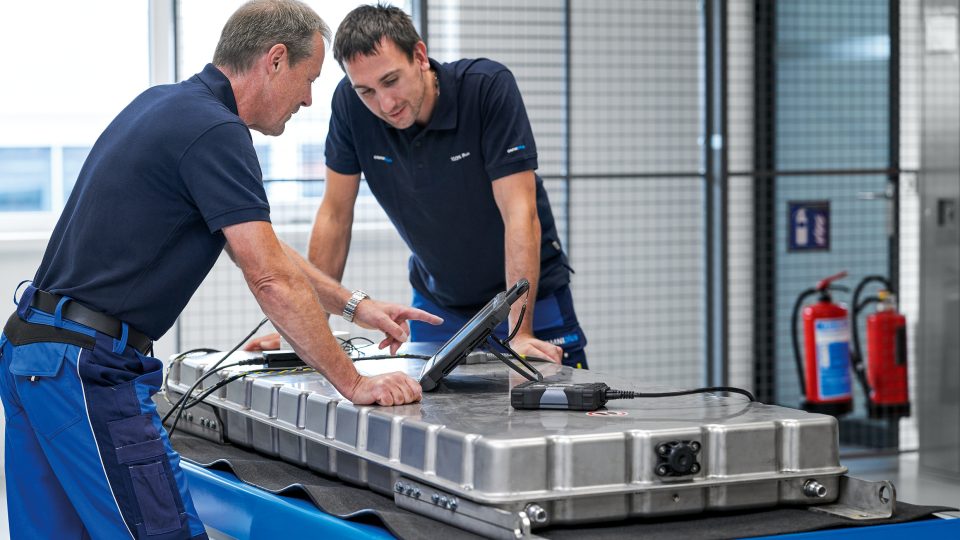Pepper Motion to launch modular drive system for retrofit at IAA Transportation
Pepper motion GmbH (that has just signed a deal with Skoda group) will be presenting its innovative, modular drive system for the cost-efficient electrification of commercially relevant vehicle models (buses, trucks, used and new vehicles) at this year’s IAA Transportation. The award-winning etrofit electrification kit permits used diesel vehicles to be converted into zero-emission e-commercial […]

Pepper motion GmbH (that has just signed a deal with Skoda group) will be presenting its innovative, modular drive system for the cost-efficient electrification of commercially relevant vehicle models (buses, trucks, used and new vehicles) at this year’s IAA Transportation.
The award-winning etrofit electrification kit permits used diesel vehicles to be converted into zero-emission e-commercial vehicles in series production quality, company says. The drive system is also now available to OEMs and special vehicle builders as a general-purpose Tier 1 solution.
Pepper Motion drive system for commercial vehicles
With its Tier 1 electrification kit, “pepper is offering OEMs and special vehicle manufacturers a zero-emissions drive system that can be flexibly integrated into vehicle development or into existing series. Here, manufacturers benefit from the pepper’s innovative, state-of-the-art technology. This dramatically shortens development times, and electric vehicles produced in-house can be brought to market and sold quickly and cost-effectively”, supplier says.
Pepper Motion to provide also fuel cell powertrain
At the same time, pepper’s drive system, the company highlights, is completely open to new technology: the battery-electric variant is available in series quality for vehicles such as the Mercedes-Benz Actros MP5 and MP3. A highly efficient, next-generation fuel cell powertrain – of particular interest for range improvement – is currently under development as part of an H2 research and development project. The first vehicles (Mercedes-Benz Atego truck and Mercedes-Benz Citaro C2 bus) will enter customer trials before the end of 2022 and are scheduled to hit the road in series production quality in the short term, by 2024 at the latest.
Retrofit kit by pepper motion
Modular and fully validated packages are available from pepper motion; they include the battery, the electric motor, ancillary components, the control unit with system software developed in accordance with ISO 26262 for functional safety, and the interface to the (existing) vehicle. The technological heart of the drive systems is the company’s proprietary VCU (vehicle control unit) system architecture software. The battery capacity of the electric drive system can currently scale from the smallest version with 120 kWh to 240 or over 360 kWh net, depending on the application scenario.
Retrofit instructions and documentation in combination with partner training allow retrofitting and maintenance by certified conversion partners at the customer’s site – and consequently also increased local added value.
“The timely, cost-effective decarbonization of commercial vehicle fleets is essential. However, this presents major challenges for fleet operators as well as OEMs. The market is calling for flexible and technology-neutral electrification solutions for the short term. The latest market studies forecast a share of approx. 30% of electrically powered commercial vehicles, buses, and trucks in Europe by 2030. At pepper, we see in Europe a potential of around 30,000 vehicles by 2030,” says Andreas Hager of pepper. “We are very excited to be able to present our innovative, modular drive system for used and new vehicles to our customers – fleet operators and OEMs – at IAA Transportation. We have only recently signed a memorandum of understanding with the Škoda Group for the conversion of buses. Other manufacturers have already recognized the benefits for themselves and are engaged in detailed discussions with us (in our role) as a Tier 1 supplier.”







